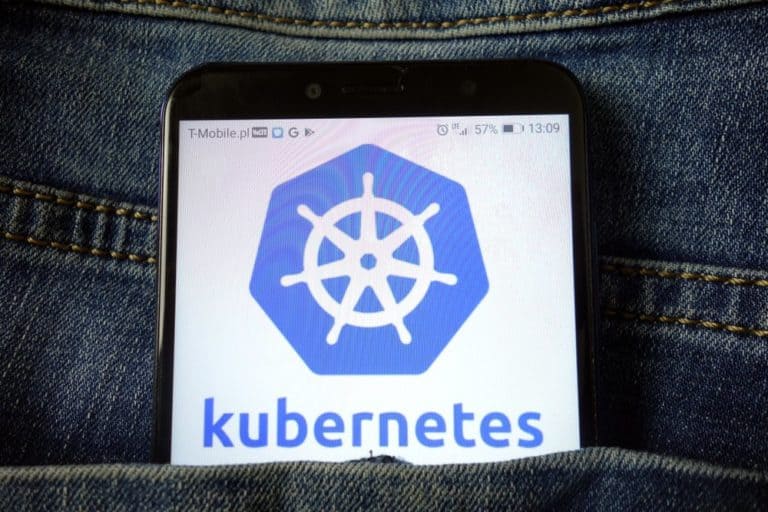Weaveworks, a GitOps business, has purchased Magalix, a cloud-native security firm, for an undisclosed amount.
Magalix, which was founded in 2017, provides a security-as-code system. It allows customers to incorporate security through every lifecycle stage, from code to cloud. Moreover, the organization’s platform analyzes security situations, implements security guardrails, and provides real-time analytics and monitoring.
Magalix’s technology controls security and adherence from development to production, allowing DevOps teams to implement identical standards and practices throughout numerous Kubernetes settings. Companies may fill that gap among security teams, DevOps, and developers by implementing developer guardrails.
Furthermore, the platform’s real-time policy and drift control guards safeguard production installations, with Magalix’s KubeGuard client detecting and automatically resolving any dynamic drift. As a result, clients are confident that measures are enforced throughout all facilities and that any infractions are reported quickly.
By incorporating effectively into the source, development, and deployment phases of the application lifecycle, the Magalix system is touted to ease DevSecOps and make cloud-native systems more inherently safe.
Weaveworks role
Weaveworks plans to completely incorporate Magalix into Weave GitOps Enterprise, providing end-to-end Kubernetes resilience, security, and visibility throughout the whole cloud-native lifespan in multi-cloud, hybrid cloud, and edge settings. In addition, the pairing enables secure GitOps pathways across the entire application lifecycle, which are required for robust cloud-native delivery of services that increase agility, speed, and innovation.
According to Alexis Richardson, chief executive of Weaveworks,
“Enterprise customers have made it clear that trusted application delivery is critical to the success of their increasingly complex cloud-native platforms. With the acquisition of Magalix, Weaveworks introduces customizable policies, compliance capabilities, and comprehensive risk visibility into GitOps workflows, ensuring only authorized applications are deployed, and there are no nefarious activities.”
